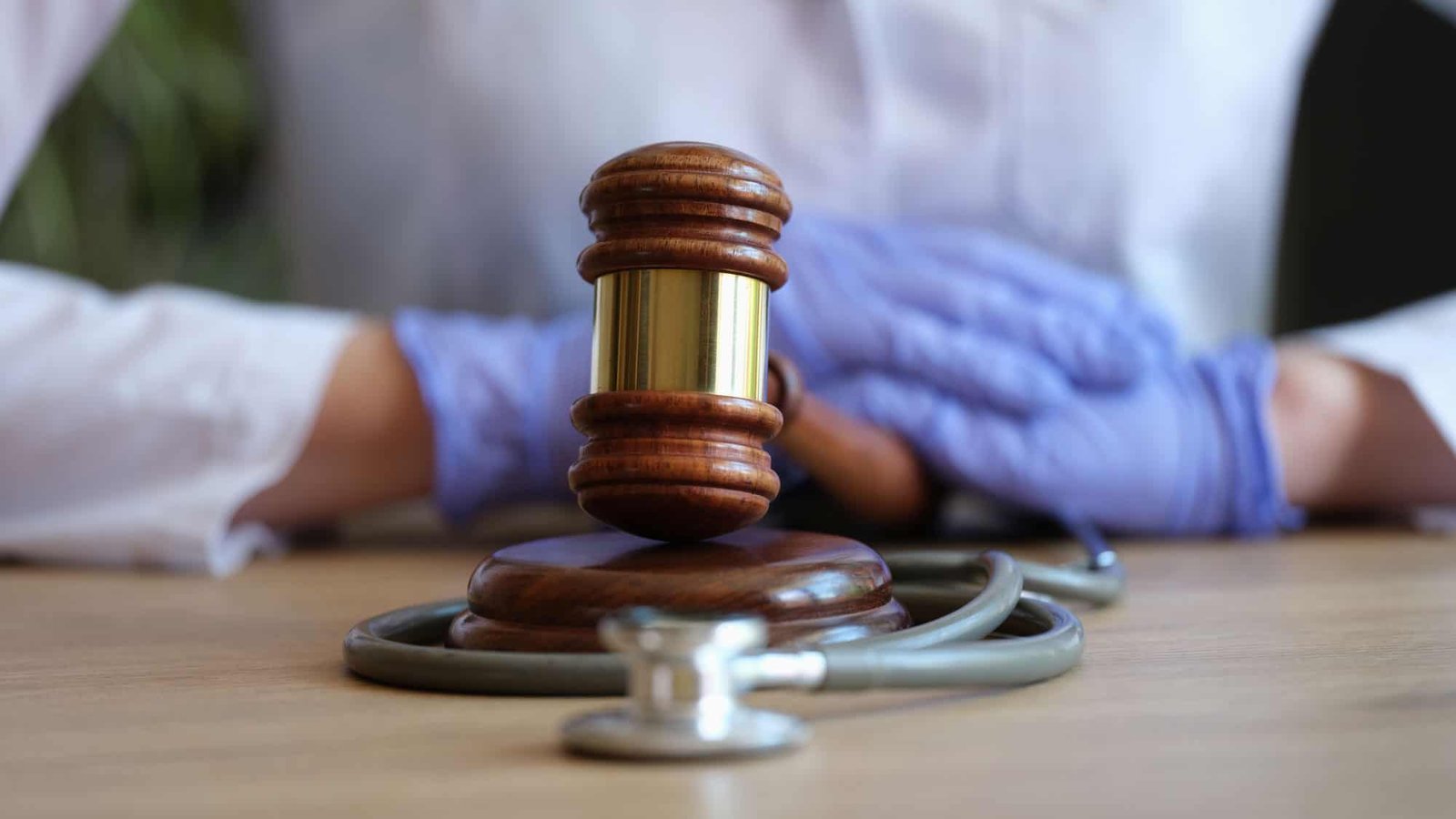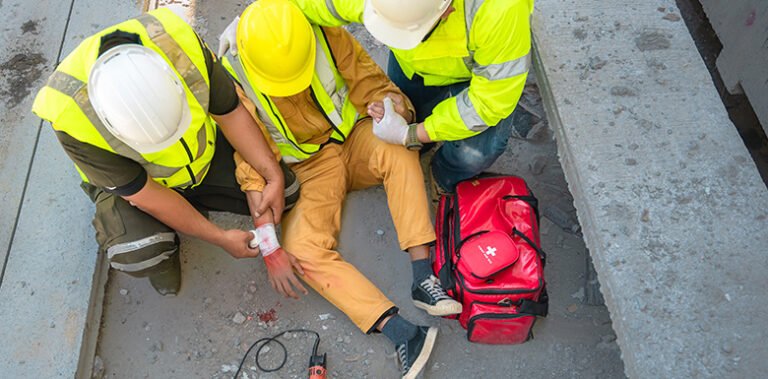Medical malpractice claims are among the most complex types of personal injury cases. When a patient suffers harm due to a healthcare provider’s negligence, proving the mistake requires more than just personal testimony it requires strong, well-documented evidence. Without the right evidence, even valid claims may fail.
If you or a loved one believes you’ve been injured by medical negligence, it’s important to understand what types of evidence are needed and how to preserve them to protect your rights. Working with an experienced personal injury lawyer in New York can make a significant difference in gathering, organizing, and presenting this evidence effectively.

Protecting Your Rights After Medical Malpractice
Medical malpractice can result in costly medical bills, long-term health issues, and significant emotional strain. If you believe negligence played a role in your care, it’s important to act quickly. Preserving evidence early on can be crucial in building a strong case and safeguarding your future.
📍 Office Address: 147 East 82nd Street, Suite 6B, New York, NY 10028
📞 Call: (917) 941-4094
📧 Email: Ira@irapintel.com
Why Evidence Is Crucial in Medical Malpractice Cases
Medical malpractice cases are not about dissatisfaction with care; they require proof that a provider acted below the accepted medical standard, and that this caused actual harm. Because hospitals and doctors often have legal teams protecting their interests, your evidence must clearly show negligence. Working with an experienced lawyer for personal injury in New York can help you gather and present the strongest possible case.
The stronger your evidence, the greater your chances of holding the responsible party accountable and seeking compensation for medical bills, lost wages, and long-term suffering.
Key Types of Evidence in Medical Malpractice Claims
1. Medical Records
The foundation of any malpractice case is your medical records. These documents provide detailed information about your treatment, prescriptions, test results, surgeries, and hospital notes. They help show whether the care you received was consistent with standard medical practices.
Patients should request complete copies of their records as soon as they suspect malpractice. Alterations or missing details in these records can also raise important legal questions.
2. Diagnostic Test Results
Lab reports, X-rays, MRIs, and other diagnostic results are crucial pieces of evidence. They can reveal whether a misdiagnosis occurred, if test results were ignored, or if improper procedures were followed. These records also help medical experts compare what should have been done versus what was actually done.
3. Expert Testimony
In nearly every medical malpractice claim, testimony from a qualified medical expert is required. Experts review the evidence to explain how a healthcare provider failed to meet accepted standards of care. Their opinions carry weight with judges, juries, and insurance companies, making them one of the most powerful forms of evidence.
4. Witness Statements
Statements from nurses, staff, or family members who observed the treatment can help strengthen your case. Even non-medical witnesses can provide valuable details about what happened, such as changes in your condition or behavior by medical staff.
5. Proof of Damages
To win a malpractice claim, you must show not only that negligence occurred but also that it caused actual harm. This includes:
- Hospital and medical bills
- Prescription and therapy costs
- Pay stubs showing lost wages
- Documentation of ongoing care needs
- Journals describing pain, suffering, or reduced quality of life
Without clear evidence of damages, the case may not succeed—even if negligence is proven.
6. Timeline of Events
Reconstructing the timeline of your care is another key element. A chronological outline of appointments, procedures, and communications with providers can highlight delays, errors, or contradictions in the care process.
Preserving and Collecting Evidence
One of the biggest mistakes patients make is waiting too long to gather evidence. Medical malpractice cases often have strict deadlines, and hospitals may be reluctant to release records. Acting quickly helps preserve the strongest proof for your claim.
If you suspect negligence:
- Request copies of your records immediately
- Keep a personal journal documenting your health and interactions
- Save all medical bills and receipts
- Collect names of anyone involved in your care
An experienced personal injury lawyer in New York can also issue formal requests to preserve records and prevent evidence from being altered or destroyed.
Why Legal Guidance Is Essential
Medical malpractice cases require more than gathering records—they demand careful analysis, expert review, and strategic presentation. A knowledgeable attorney can:
- Identify which evidence is most critical
- Consult with leading medical experts
- Ensure compliance with New York malpractice laws
- Build a compelling case for maximum compensation
Without professional guidance, valuable evidence may be overlooked or presented ineffectively.
If you or a loved one has suffered harm due to possible medical negligence, consider speaking with a personal injury lawyer in New York who can help protect your rights and guide you through every step.
Taking the Next Step
Medical malpractice can leave patients with overwhelming medical bills, ongoing health challenges, and emotional stress. If you suspect negligence, don’t wait to take action. Securing evidence early could be the key to proving your case and protecting your future.
📍 Office Address: 147 East 82nd Street Suite 6B, New York, NY 10028
📞Call Today: (917) 941-4094
📧Email: Ira@irapintel.com
FAQs
1. What is the most important evidence in a medical malpractice claim?
The most important evidence usually includes medical records, diagnostic test results, and expert testimony. These elements show both the provider’s actions and whether they fell below the standard of care.
2. How long do I have to file a medical malpractice claim in New York?
New York generally has a statute of limitations for medical malpractice claims. The time limit may vary depending on the circumstances, so it’s best to consult a lawyer as soon as possible.
3. Can I file a malpractice claim if I signed a consent form?
Yes. A consent form does not give medical professionals the right to act negligently. If the care provided fell below accepted standards, you may still have a valid claim.




